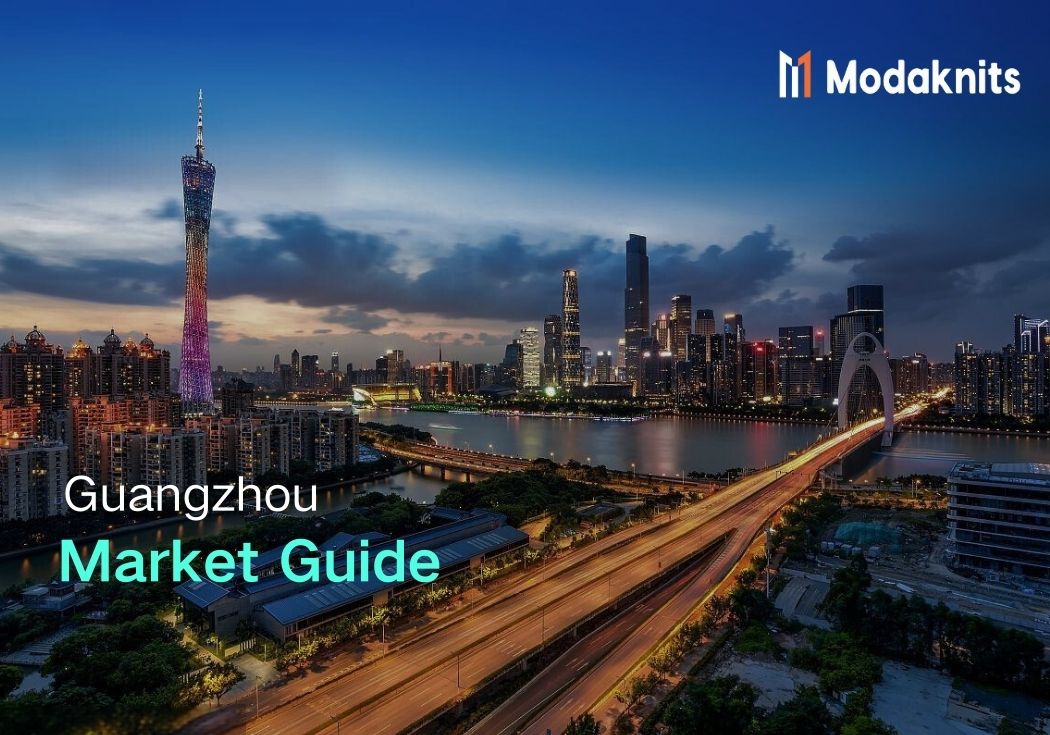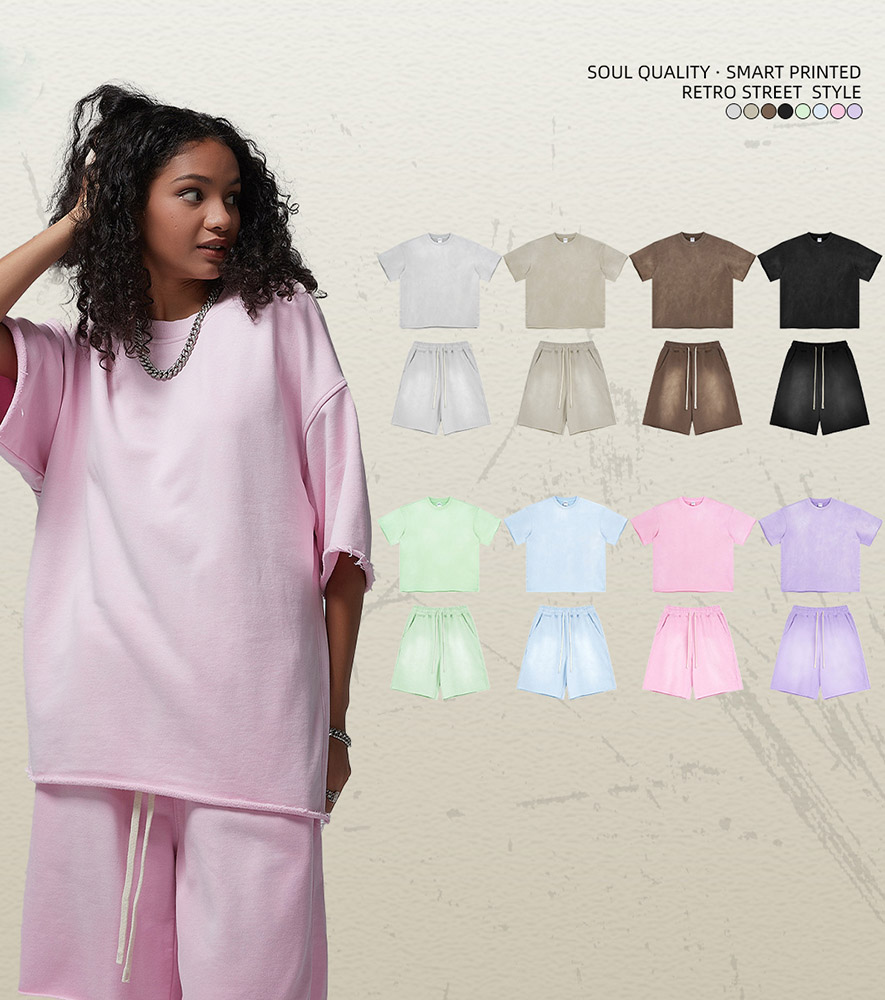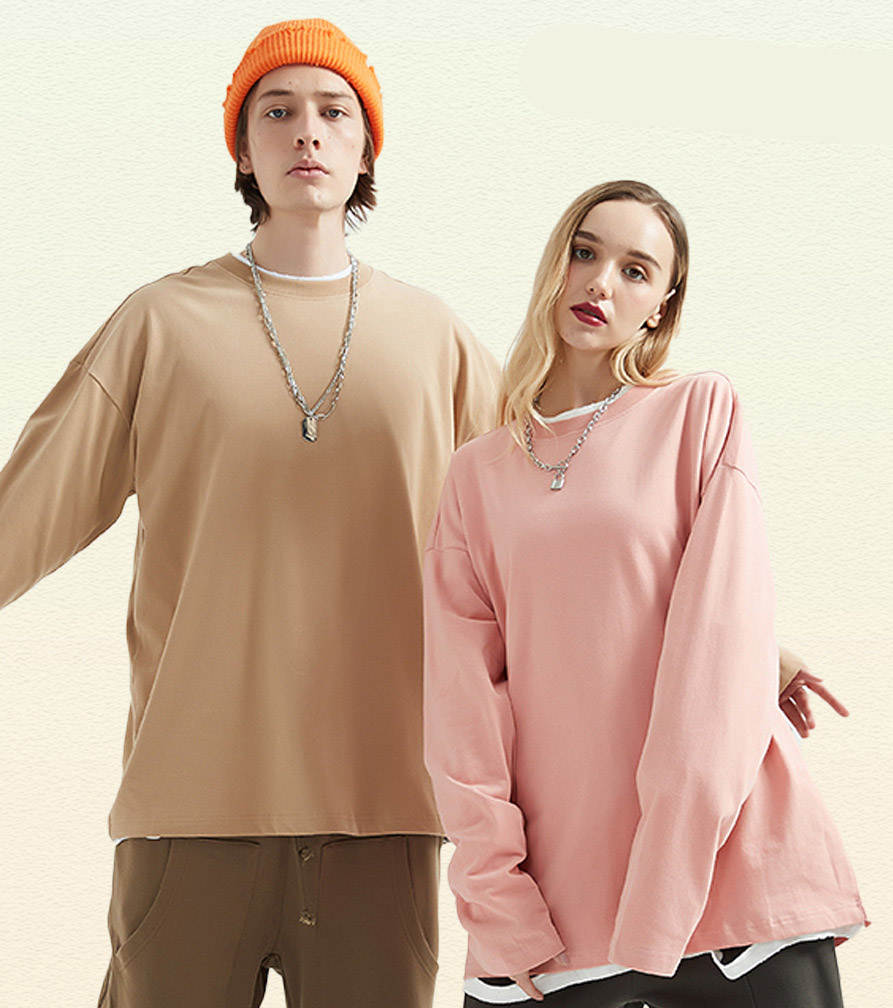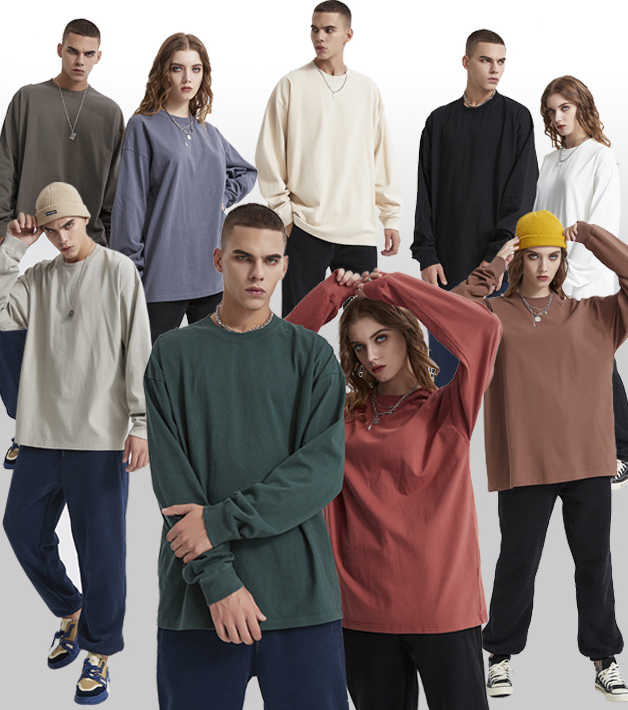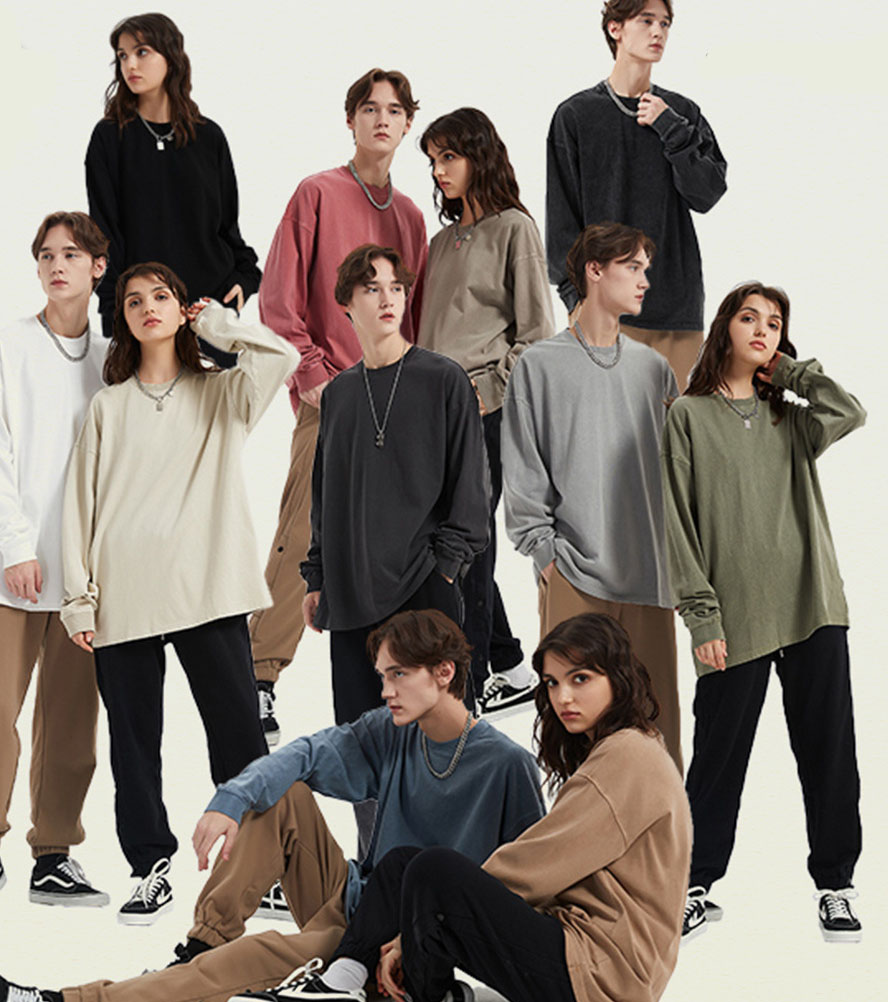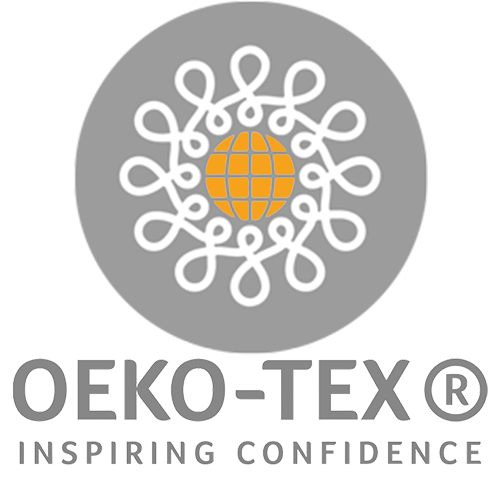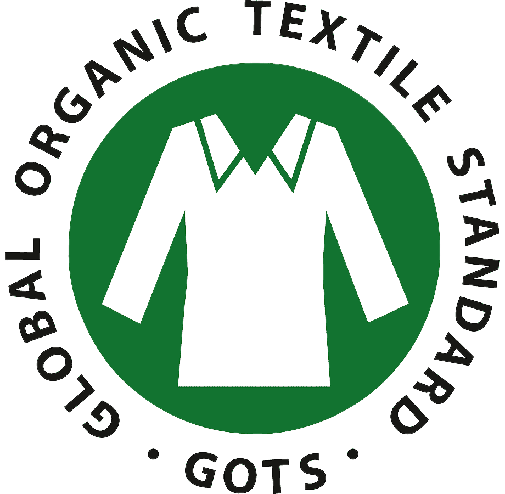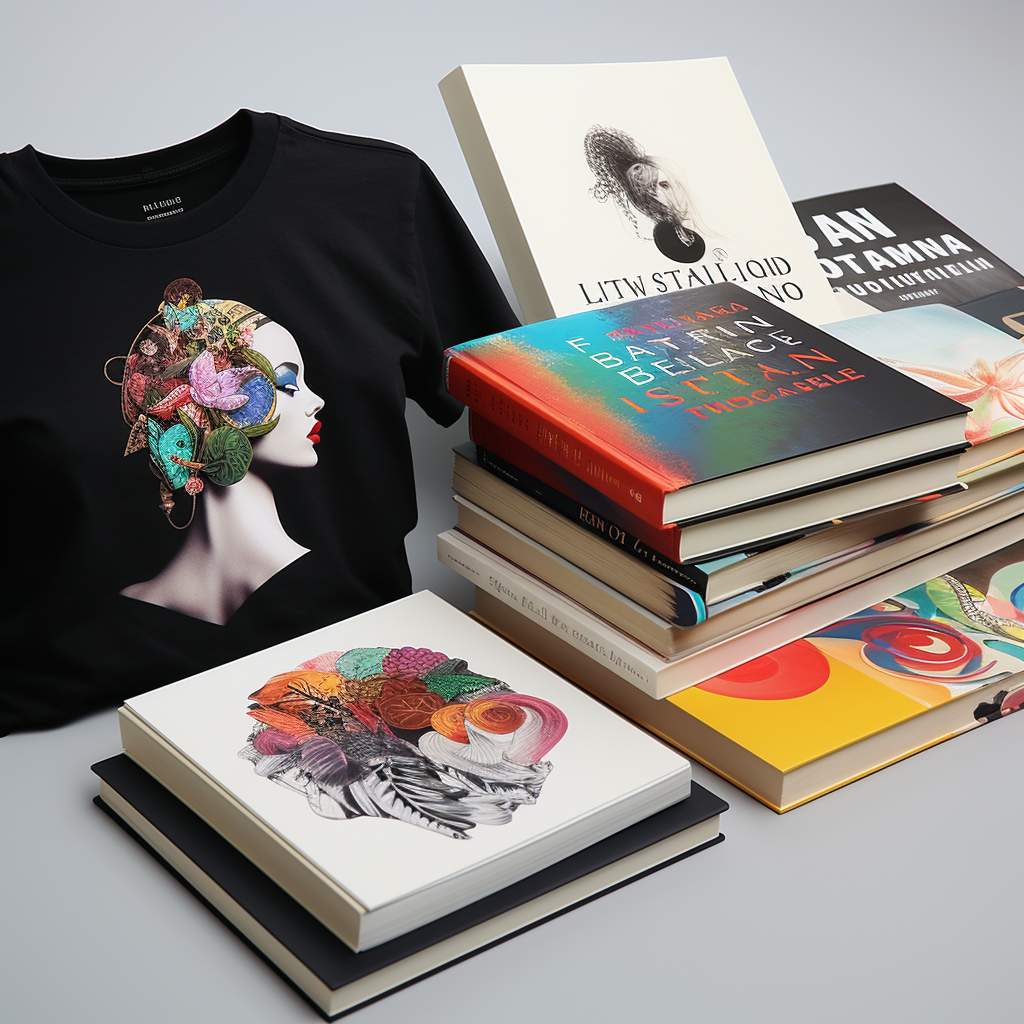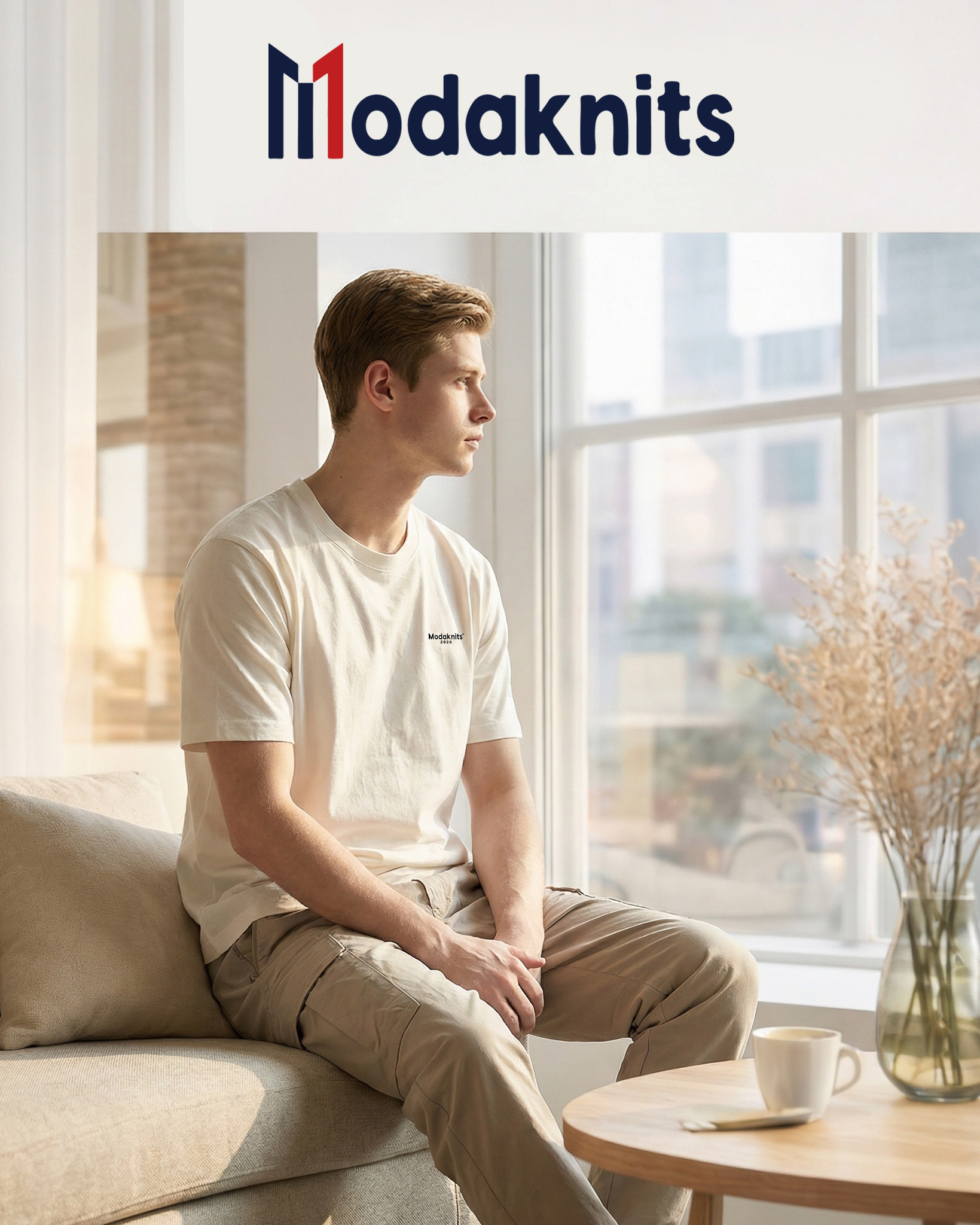Fashion brands often struggle with manufacturing challenges, including inconsistent quality, production delays, and compliance issues. Selecting the wrong manufacturing country can result in lost sales, increased costs, and damaged brand reputation.
Vietnam has become one of the best countries to manufacture clothing, especially sports apparel. The country combines affordable labor costs1, a highly skilled workforce2, advanced manufacturing infrastructure3, flexible lead times4, and attractive trade agreements5, making it an ideal manufacturing destination for global apparel brands.
In my role as CEO of Modaknits, I’ve visited numerous factories across Vietnam, witnessing firsthand the exceptional quality and efficiency Vietnamese manufacturers provide. Let’s dive into detailed insights about why Vietnam is such a reliable and attractive choice for clothing production.
Why Is Vietnam a Top Choice for Sports Apparel Manufacturing?
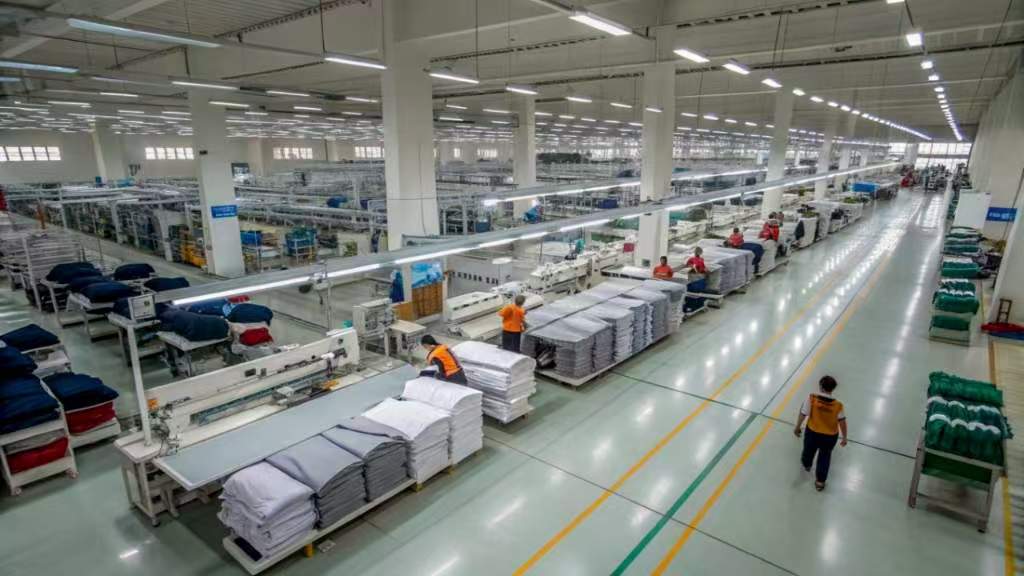
Large-Scale Production
Vietnam’s rapid emergence as a leading apparel manufacturer comes from key competitive advantages, crucial for brands seeking reliable, efficient, and cost-effective production.
Vietnam’s attractiveness stems from its skilled yet affordable labor, modern factories, efficient logistics, and beneficial international trade agreements. Together, these benefits significantly reduce costs, improve production quality, and shorten lead times for global brands.
How Does Vietnam Offer Competitive Costs and Skilled Labor for Apparel Production?
Vietnam offers an attractive combination of skilled yet cost-effective labor through:
- Competitive labor costs significantly lower than China.
- Highly trained workers with garment-specific expertise.
- Efficient production lines reducing turnaround time and minimizing errors.
- Government-supported training programs enhancing worker capabilities.
This unique balance of affordability and skill attracts global brands seeking both quality and cost competitiveness.
What Makes Vietnam Attractive for Global Sports Apparel Brands?
Vietnam stands out due to:
- Strategic Location: Easy market access to the USA, Europe, Australia, and Asia.
- Advanced Infrastructure: Reliable logistics and modern ports (e.g., Cat Lai Port) ensuring timely delivery.
- Favorable Trade Agreements: EVFTA and CPTPP significantly reducing tariffs and simplifying customs procedures.
These advantages significantly benefit brands aiming to compete globally, ensuring lower costs and faster market entry.
What Are the Key Advantages of Working with Sports Apparel Manufacturers in Vietnam?
Vietnamese manufacturers offer key benefits like maintaining high production quality, excellent operational efficiency, flexibility, and adherence to international compliance standards.
Vietnam’s factories excel through robust quality control systems, rapid sample and bulk production, advanced machinery, strong local supply chains, and adherence to international certification standards like ISO, WRAP, and OEKO-TEX®.

What Certifications and Compliance Standards Are Common in Vietnam’s Apparel Industry?
Vietnamese factories commonly possess critical industry certifications:
- WRAP Certification: Ensuring ethical manufacturing practices.
- ISO 9001 & 14001: Quality management and environmental standards.
- OEKO-TEX® Standard 100: Safe, sustainable textiles.
- BSCI Compliance: Commitment to ethical labor standards.
- Fair Trade Certification: Ethical and fair labor practices.
These standards provide brands with confidence about compliance, product safety, and ethical manufacturing.
How Does Vietnam Compare to Other Major Clothing Manufacturing Hubs?
Vietnam consistently outperforms many of its regional competitors (China, Bangladesh, Indonesia) when evaluating factors like cost efficiency, labor skill, quality standards, and supply chain flexibility.
Compared to other major apparel hubs, Vietnam provides an excellent balance of affordability, high-quality production, compliance reliability, and operational flexibility—making it particularly favorable for sports apparel brands.
How Does Vietnam Stack Up Against China, Bangladesh, and Indonesia for Sports Apparel?
| Criteria | Vietnam | China | Bangladesh | Indonesia |
|---|---|---|---|---|
| Labor Cost | Competitive | Increasing | Low, but less consistent | Moderate |
| Skill & Quality | High | High | Medium | Medium |
| Compliance & Certifications | Strong | Strong | Inconsistent | Improving |
| Trade Agreements | EVFTA, CPTPP | Fewer agreements, tariffs rising | Limited, less favorable | Moderate |
| Lead Times | Quick (15-30 days) | Quick but costs rising | Longer | Moderate |
| Production Flexibility | Highly flexible | Less flexible due to scale | Limited flexibility | Moderate |
Vietnam offers exceptional stability and reliability without sacrificing cost efficiency or production quality.
What Unique Benefits Does Vietnam Offer in Terms of Flexibility and Lead Times?
Vietnam uniquely excels in flexibility and rapid response:
- Fast sample development in just 5-7 days.
- Bulk production timelines typically between 15-30 days.
- Ability to quickly adjust production schedules due to efficient local material sourcing.
- Strong capabilities to handle customized and small-batch orders.
This adaptability significantly reduces time-to-market, providing brands with a strong competitive advantage.
Who Are the Leading Sports Apparel Manufacturers in Vietnam?
Knowing Vietnam’s leading apparel manufacturers provides valuable insight for brands seeking trusted partners.
Top-rated manufacturers supplying global sports brands include Pou Chen Group, Esquel Group, Eclat Textile, Hansae Vietnam, Maxport Limited, and Crystal Martin. These suppliers consistently deliver quality products while maintaining strict ethical standards.

What Are the Top-Rated Factories Supplying Global Brands?
Key Vietnamese factories trusted by global brands include:
- Pou Chen Group: Major supplier for Nike, Adidas, Under Armour.
- Esquel Group: Specializes in sustainable apparel for Ralph Lauren and Tommy Hilfiger.
- Eclat Textile: Supplies technical fabrics and garments for Lululemon, Nike, Under Armour.
- Hansae Vietnam: Produces apparel for Nike, GAP, H&M.
- Maxport Limited: Specializes in technical sportswear for Patagonia, The North Face.
- Crystal Martin: Partners with Puma, Adidas, and Marks & Spencer.
These manufacturers have proven their reliability, consistently meeting stringent quality and compliance demands.
How Do Local Suppliers Support Both Startups and Large Apparel Companies?
Vietnamese suppliers effectively support various client sizes:
- Startups: Offer low MOQ flexibility, rapid sample development, customized support.
- Large Brands: Provide scalable production, strong QC processes, efficient logistics, and compliance assurance.
This versatility makes Vietnam ideal for apparel companies of all sizes.
What Should Brands Consider When Sourcing from Vietnam?
Brands must carefully evaluate quality, ethics, logistics, and supplier relationships for sustainable success in Vietnam.
Brands should prioritize clearly defined quality assurance standards, ethical compliance, transparent communication, regular audits, and robust contractual agreements. These measures establish strong, transparent, and sustainable relationships with Vietnamese manufacturers.
How Can Companies Ensure Product Quality and Ethical Manufacturing?
To ensure quality and ethics, brands should:
- Regularly audit factories, ensuring compliance.
- Clearly communicate quality standards and ethical expectations.
- Establish long-term partnerships built on transparency and trust.
What Steps Help Build Strong Relationships with Sports Apparel Manufacturers in Vietnam?
Brands build strong supplier relationships through:
| Relationship Building Methods | Recommended Practices |
|---|---|
| Transparent Communication | Frequent, clear updates to avoid misunderstandings |
| Regular Factory Visits | Strengthens oversight and trust |
| Comprehensive Contracts | Clearly outline terms, expectations, and standards |
Conclusion
Vietnam’s competitive costs, skilled workforce, advanced infrastructure, reliable compliance standards, and strategic trade benefits position it as a superior manufacturing location, especially for sports apparel. By carefully selecting suppliers, maintaining transparency, and prioritizing ethical practices, brands can confidently leverage Vietnam’s manufacturing strengths to achieve sustainable growth and global competitiveness.
-
Explore how affordable labor costs in Vietnam can enhance your manufacturing budget and overall profitability. ↩
-
Learn about the advantages of a skilled workforce in ensuring high-quality production and efficiency. ↩
-
Discover how modern infrastructure supports timely delivery and operational efficiency in manufacturing. ↩
-
Understand how flexible lead times can give your brand a competitive edge in the fast-paced fashion industry. ↩
-
Find out how trade agreements like EVFTA and CPTPP can reduce costs and simplify customs for your business. ↩


